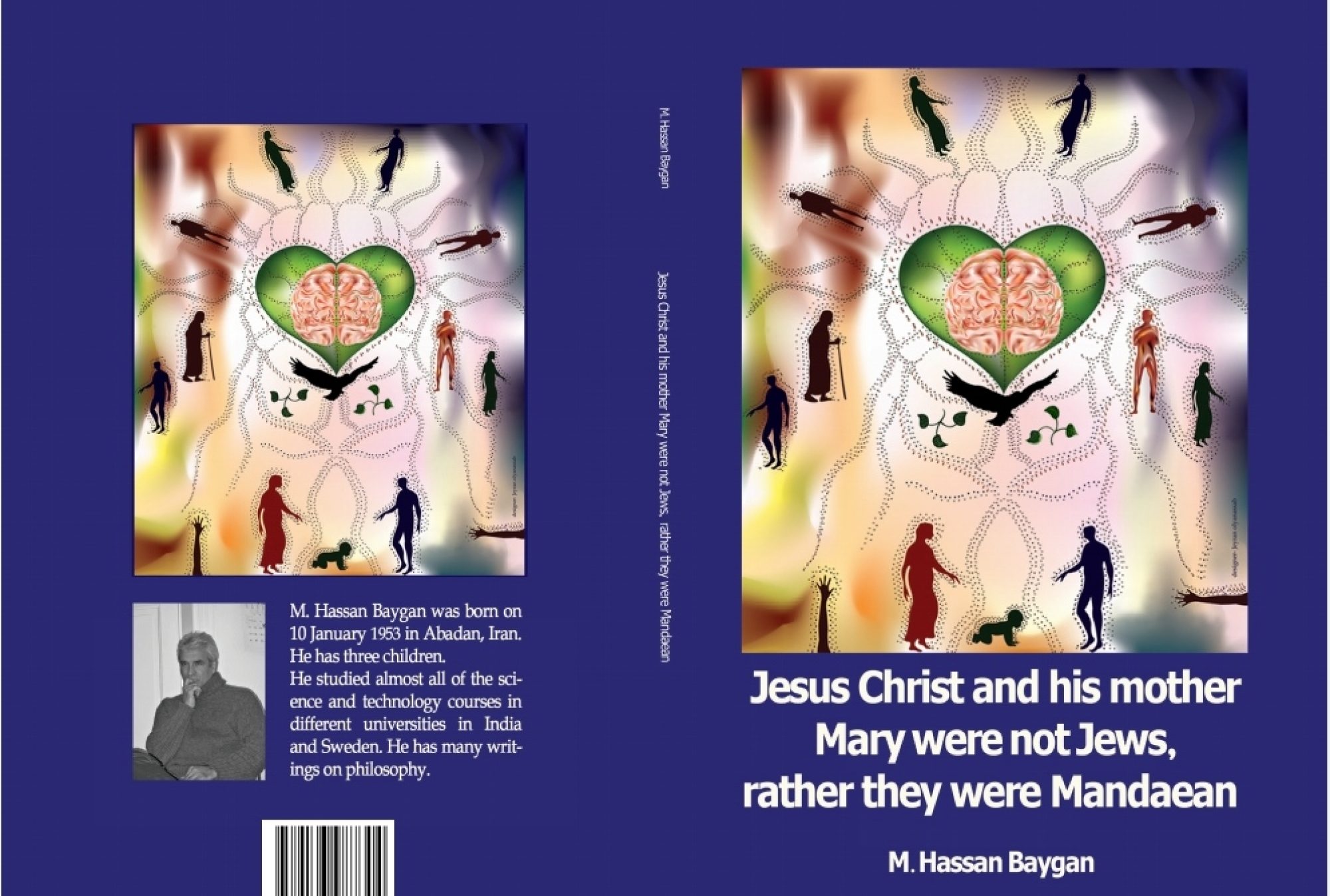Canada, along with Australia, are members of the Commonwealth, which England still considers its satellites. So, Trump’s claim of Canada’s ownership means a conflict between America and England.
Note:
It should be noted that if Canada is recognized as an independent country, then the claim of ownership by the United States is a violation of its independence and being an independent country. So the US should submit a request to expel Canada from the United Nations.
I wrote earlier that England wants to break up America and get a part of it to become the world’s first power again.
Trump’s claim should be seen in the field of serious power conflicts in the world.
Remember; In meeting with Queen Elizabeth, Trump clearly showed that he wants to walk ahead of the Queen (King) of England, that is, I am superior.
We need to know which wing of power Trump is in, what is his position in that group, and how many ranks he is in the pyramid of power. It doesn’t seem like he is at the top of the power pyramid, he takes orders from higher ups. But who are giving orders to Trump?
Note:
A few years ago, after Trump’s defeat in the presidential election, Trump’s relatives who suffered a stroke from this defeat were gamblers, prostitutes, building owners and the like. At that time Elon Musk; Hi-Tec factions were against Trump. I was in Africa at that time and I wrote about this.
Even until a few months ago, there was a difference between these two factions, but recently, agreements have been made between them (represented by Elon Musk) and Trump.
In order to analyze the events of the West, one must know the different factions of capitalism, the different churches (Zionist and anti-Zionist) and the Jewish factions ruling America and Europe.
Pointing out that the Church of England, which is led by the King of England and lost the supreme power of the world in the last century due to the interference of the Jews and handed it over to the Zionists and has always sought to regain power, cannot be completely under the control of the Jews and their followers (Zionist Christians). This is just one of the irreconcilable contradictions among the powers in the West.
According to the collection of my recent writings, one can see the internal contradictions of the West, which are caused by the power struggle between them, and the countries outside this area should act accordingly.
The conflicts within the West have become much more serious and public due to the recent events in Syria.
January 14, 2025
Agadir – Morocco
The philosopher of the school
M. Hassan Baygan
